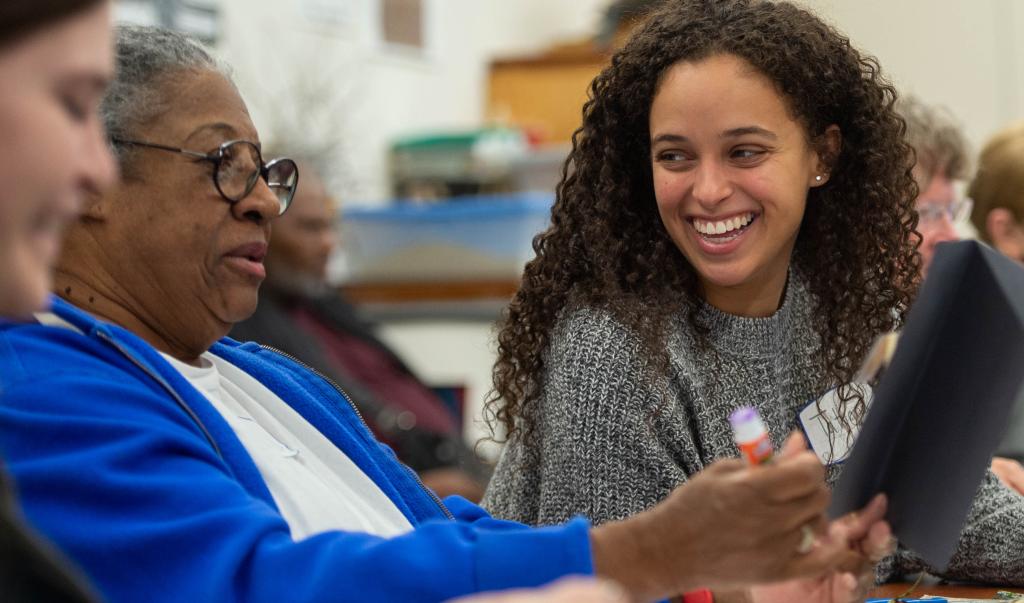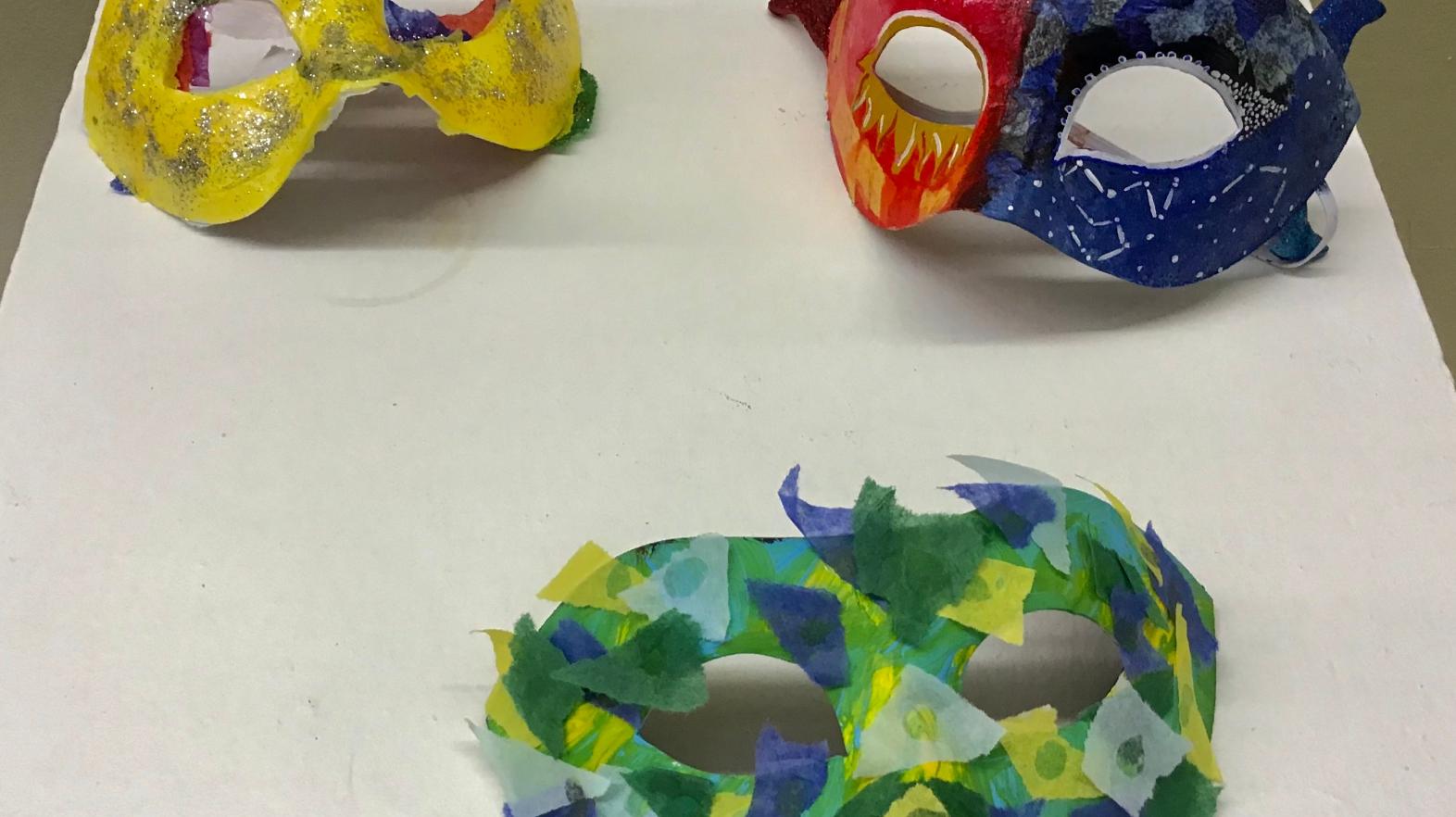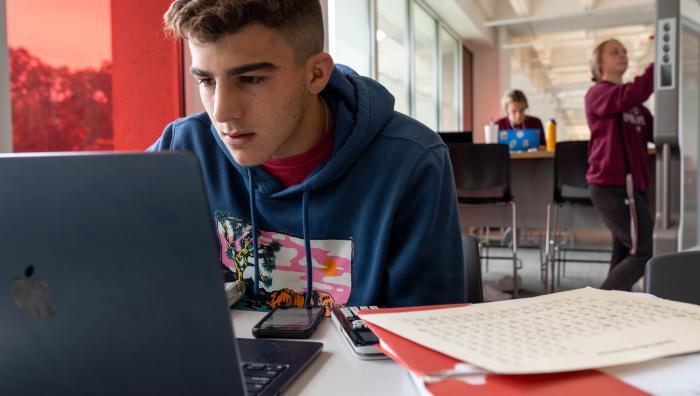Art Therapy
Bachelor of Science
| About This Program | |
|---|---|
|
Program Contact
Mary Ellen Hluska, PhD |
|
|
Review our admissions requirements |
|
Curriculum and Delivery
|
|
| Graduate Success and Careers | |
| Paying for Your Education | |
|
Looking for graduate programs?
Check out our Art Therapy/Counseling graduate program |
|
|
Upcoming Events
Check back soon for upcoming events! |
|

Improve Communities Through Art.
As a student in the undergraduate Art Therapy Major at Springfield College, you’ll be prepared to work with individuals of all ages who have varying degrees of need. During your studies, you’ll shadow artists, art therapists, and other professionals to get a deeper sense of how you’ll use your knowledge in the field.
Undergraduate art therapy majors are prepared to work in various settings as pre-professionals before entering graduate studies by utilizing foundational knowledge in art therapy theory, visual arts skills, and psychological theory. These include community art studios, mental health treatment facilities, visual artist programming in medical hospitals, community health centers, nursing homes, and alternative schools.
Our curriculum is a unique blend of fine art, psychology, and community engagement, which provides you with the skills necessary to not only be successful in the field but to understand how to engage and improve the communities of which you are a part.





